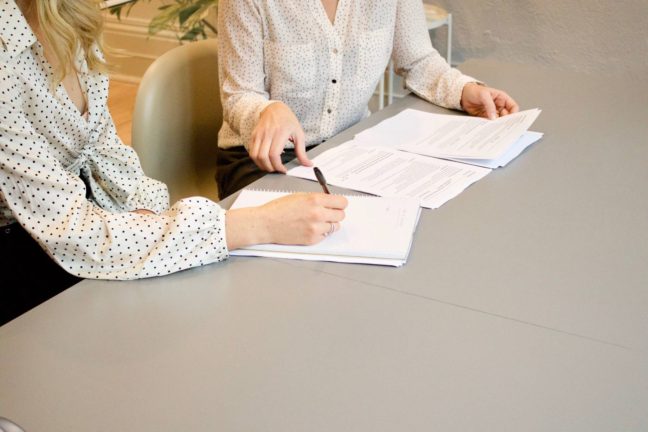Depositions are formal, recorded interviews conducted under oath. An attorney asks the individual being deposed a series of questions regarding their background and the details of the case. They are obliged to answer all questions, even if it makes them uncomfortable.
The opposing attorney may object if the questions are overly aggressive or invasive. A judge will review the deposition record to decide whether any questions or responses should be excluded. Everything captured by a court reporter becomes part of the official record, and this information can be used during mediation, settlement discussions, or at trial.
As you can imagine, depositions can take time, and there are a lot of steps after they’re finished.

Why Are the Depositions Taking So Long?
Depositions happen during the discovery phase of a case and play a crucial role in helping your personal injury attorney in Virginia Beach establish the negligence of the party being sued and its role in causing the injuries. Following the deposition, a debriefing session with your attorneys will provide insights into the strength of your legal position.
Delays after depositions may occur for various reasons, such as out-of-state travel, new evidence, subpoenas for additional documents, complications from newly discovered evidence, and discrepancies between testimony and evidence. In complex lawsuits, multiple individuals may be deposed, including the parties involved, witnesses to the incident, individuals with direct knowledge of the incident, and expert witnesses who might be asked to testify during the trial. The more depositions required, the longer it may take.
During depositions, each side may gain more knowledge about the nuances of their case and potentially discover new evidence not previously obtained. For example, a witness may recall a recording of the incident made by a friend. If neither side was aware of this recording before the deposition, this newly discovered evidence must be acquired and examined, and the friend may need to be interviewed or deposed. All of this can prolong the case.
When the depositions are complete, several things could happen next such as continuing settlement discussions, mediation, more discovery, or preparation for trial.
Settlement Efforts Are Ongoing
Typically, settlement talks start early on when an attorney sends a demand letter outlining compensation expectations. These negotiations may involve several rounds, and a new round can commence immediately after the completion of depositions. The parties involved may also choose to wait until they have had a chance to fully explore the information gained during the depositions.
Medication Often Helps
After the deposition phase in a personal injury case, the parties try to negotiate a mutually acceptable settlement. Based on what was said during the depositions, your bargaining power may be stronger (or weaker).
If an agreement can’t be reached, both parties may opt for mediation or prepare for a trial. Although the courts prefer that mediation be attempted because it is a practical and less expensive route than going to court, it is not mandatory. Mediation is when a neutral party tries to facilitate a mutually acceptable agreement to avoid a trial.
The timing of mediation or how long personal injury cases take to settle (which happens with a mediator or directly between the attorneys representing the various parties) is not fixed and depends on various factors. In fact, the outcome of the depositions and the number of depositions required can influence settlement and medication timelines as well.
In a Nutshell
Throughout the legal process, maintain open communication with your attorneys and refrain from discussing the details of your personal injury case with anyone. This is extremely important to avoid unnecessary potential complications.
When the case is concluded, your attorneys will deposit the compensation they negotiated or won on your behalf into a trust account, and deduct their fees and relevant expenses. Then, they will provide you with the remaining balance through a check or electronic transfer. They may also be able to help you figure out how much, if any, of your personal injury settlements are marital property.



